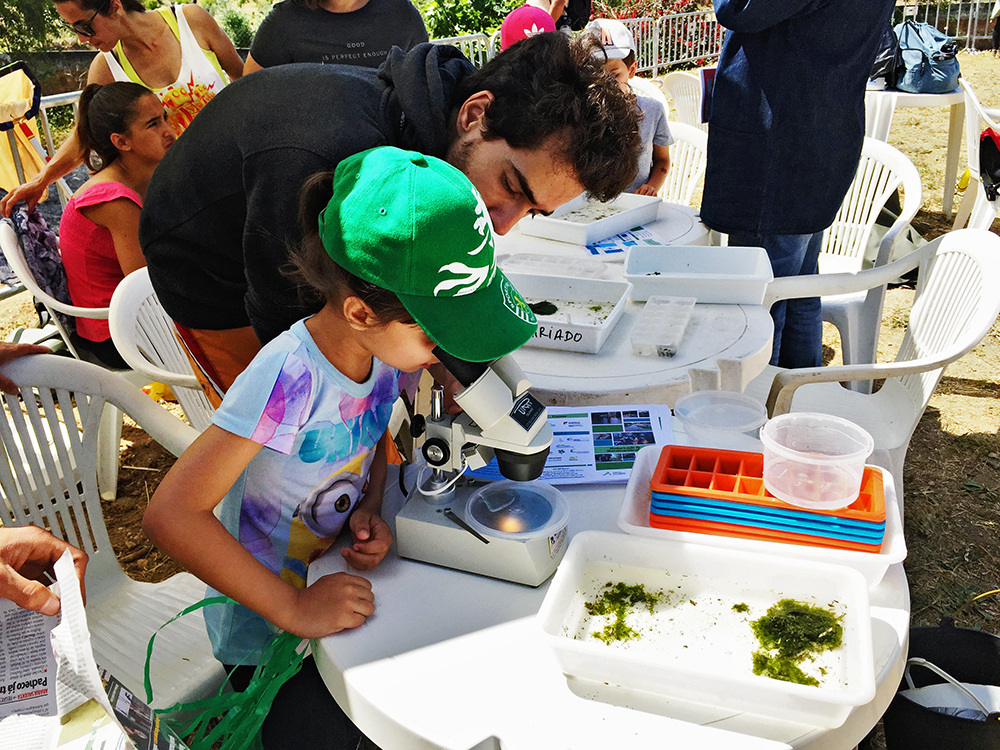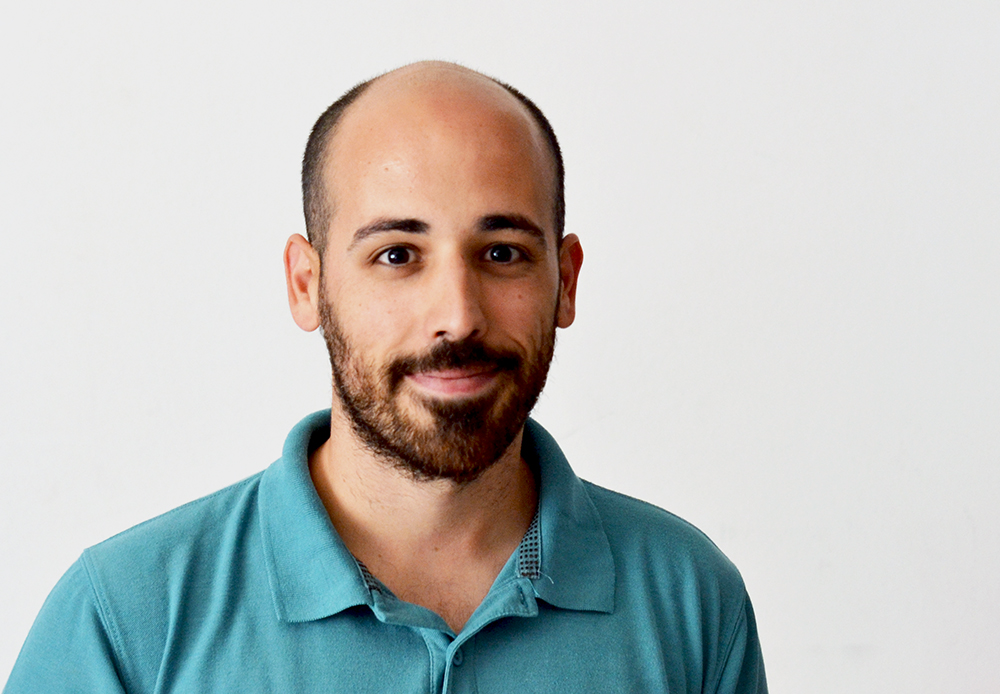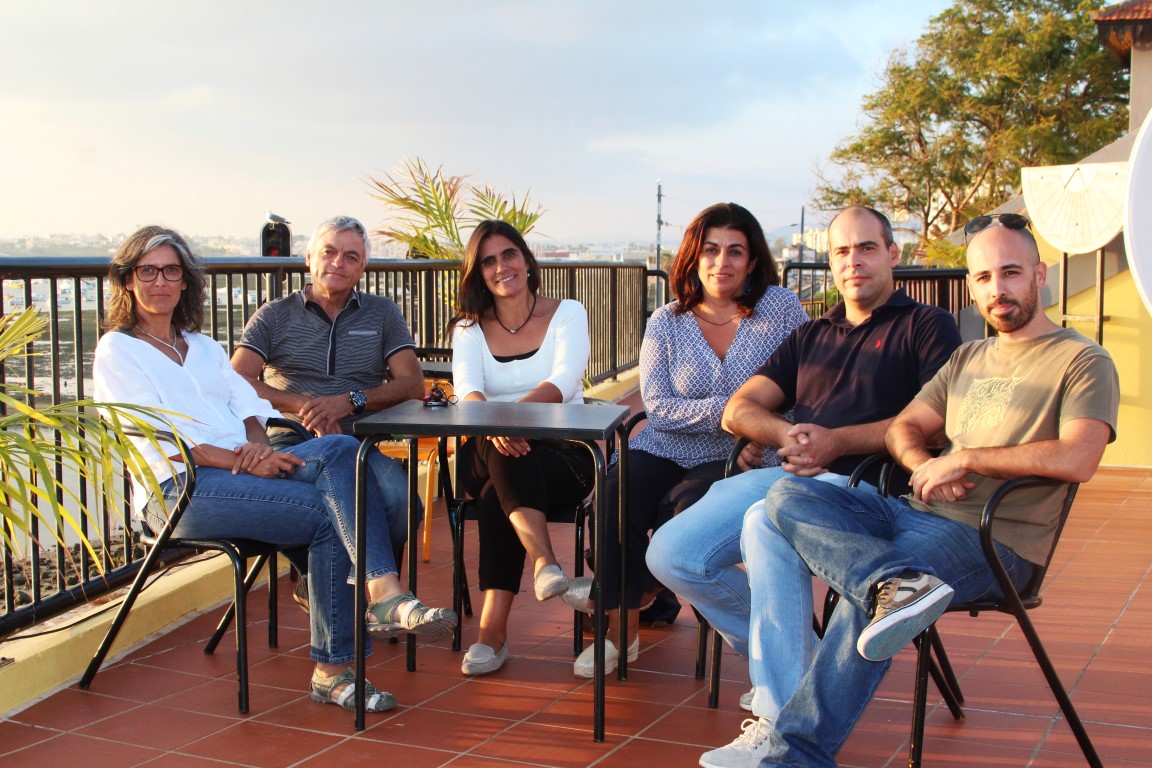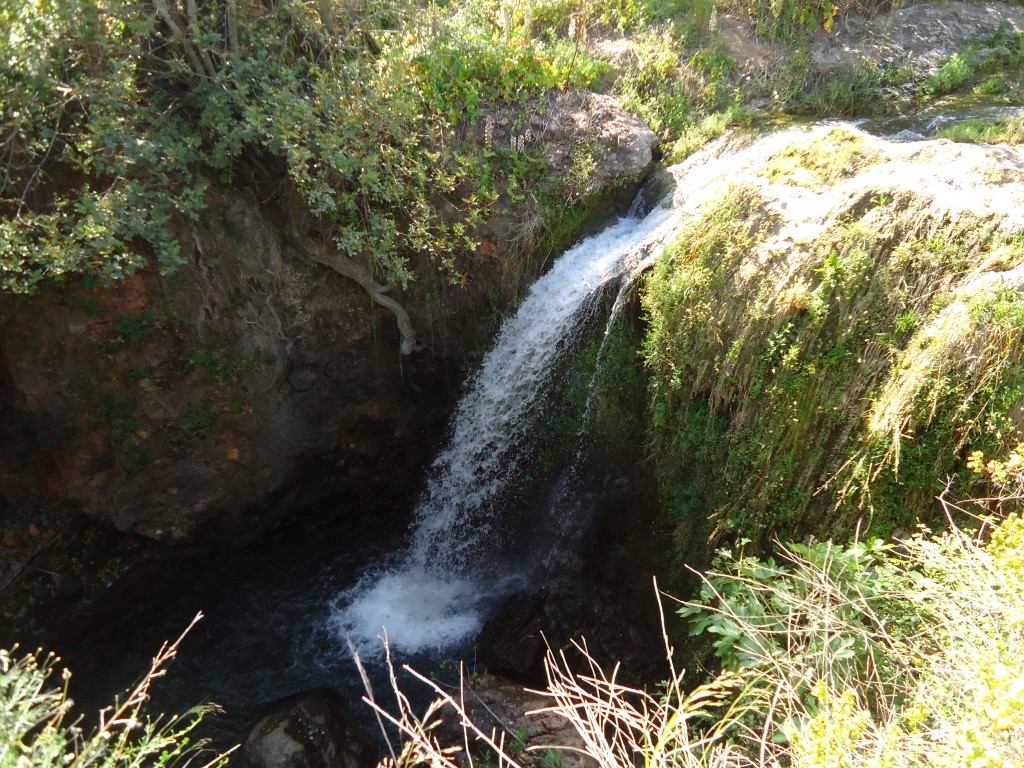
Nature discovery tours, conferences, exhibitions and field activities with children are some of the initiatives that, until the end of November, will serve to promote environmental education in the Algarve.
These activities are being promoted by the Environmental Education Network for Ecosystem Services (REASE).
The project, coordinated by Associação Almargem, also brings together the João de Deus Schools Group (Faro), the Center for Marine Sciences (CCMAR) of the University of Algarve, the Environmental Center of Pena-Loulé, the Centros Ciência Viva de Faro and Tavira, and the Teacher Training Centers from Litoral à Serra, Ria Formosa and Levante Algarvio, as implementing entities.
André Pinheiro, from Associação Almargem, explained to Sul Informação that “there have been, over the years, several projects, informal and formal, together. REASE operationalizes, revives and formalizes existing partnerships, allowing, for example, to buy material that can be shared by the network, renewing the existing ones».

The technical coordinator of the project adds that, “because there are not many entities that promote environmental education activities, this brings them together. With this proximity, we have good conditions to create a network that allows for complementary knowledge and themes to reach a wider audience in the area of environmental education».
The Ria Formosa, Vale da Asseca, in Tavira, and the area of Trafal and Foz do Almargem, in Loulé, are the key points of the activities promoted by REASE, «because of the most relevant problems close to us. The idea is to value the coastline as an ecosystem that generates services, not only cultural, but also environmental».
André Pinheiro explains that “marsh areas are one of the most productive ecosystems in the world and that is one of the key axes of the National Strategy for Environmental Education 2020, which is decarbonisation. This type of ecosystem has been found to be responsible for fixing carbon dioxide in large amounts. The decarbonization strategy involved reducing carbon emissions, but, in this way, what we are doing is increasing what nature can process, we can deal with this problem from another angle».
According to the member of Almargem, “by not protecting these ecosystems, we are helping to increase carbon levels in the atmosphere. We intend to raise awareness of this type of service, in addition to the more obvious advantages that these areas have in terms of food supply, or tourism».

Within the scope of REASE, CCMAR will “train people in this issue. This carbon absorbed by plants, in this type of ecosystem, is called blue carbon. The CCMAR will raise awareness, through mini-curricular projects, which are already underway with the João de Deus Group, taking students to the field, to understand what studies can be done».
School students will also be involved in a field activity promoted by Almargem that «will make trips to collect macro-invertebrates. The kids go to the river, catch macro-invertebrates and it's explained to them that if you have certain animals, it's good; if some animals are missing, it means that the water quality is bad. With this joke, we are gathering hundreds of files that allow us to identify deterioration in certain places or that demonstrate their recovery».
A survey will also be distributed to around 4000 students from groups of schools in the Algarve, the objective of which “is to gather information on the places where amphibians and hit reptiles are found, which are the biggest cause of mortality for these animals. This makes it possible to identify black spots, which may allow us to take very concrete actions in these areas, such as the creation of underground passages: a kind of fence is made that culminates in a tunnel and the animals pass through it», in safety.
For the older ones, Almargem will promote guided tours, such as the one that took place last Sunday, through the Trafal and Foz do Almargem areas. During these walks, «João Santos, who was a biology teacher, will sensitize people to different issues. He has a very broad knowledge and is alerting people to how the areas have deteriorated and what is being done to stop it».

These routes for discovering nature will also be part of these tours, «an amphibians observation in Olho de Paris, in São Brás de Alportel, a biodiversity tour in Vale da Asseca, on 12 November, and a walk along the Cadoiço stream, in Loulé , on the 25th of November, on natural and cultural heritage, which will be guided by a biologist and a professor of history».
The REASE Project will also promote thematic exhibitions, organized by the Ciência Viva Centres, and two conferences and debates, «one on the Asseca Valley, to discuss what the Câmara de Tavira could promote in the area, both in terms of biodiversity protection, either geological, and another on Fonte da Pipa, the Cadoiço stream and the Urban Park, which is a project by the City Council of Loulé to recover the countryside and create a park to enhance biodiversity», explains André Pinheiro.
At the end of the project, two thematic publications will also be made online, one on natural heritage in Vale da Asseca and the other on Cadoiço, Trafal and Foz do Almargem. "These publications will include the general assessment of the site and proposals to improve it."
It will also be on the Internet that “gaps from the conferences, the results of the surveys, the collections… This platform will be the headquarters of REASE” will be published, adds the member of Almargem.
The end of the project is scheduled for November 30th, but «the idea is to keep the network. The idea will be to make a new joint application for funding, including new partners. The more the network is expanded, the better», concludes André Pinheiro.
REASE was the only project approved in the Algarve by the Fundo Ambiental program and Almargem and its partners hope that, after this first phase in 2017, others can follow.


















Comments